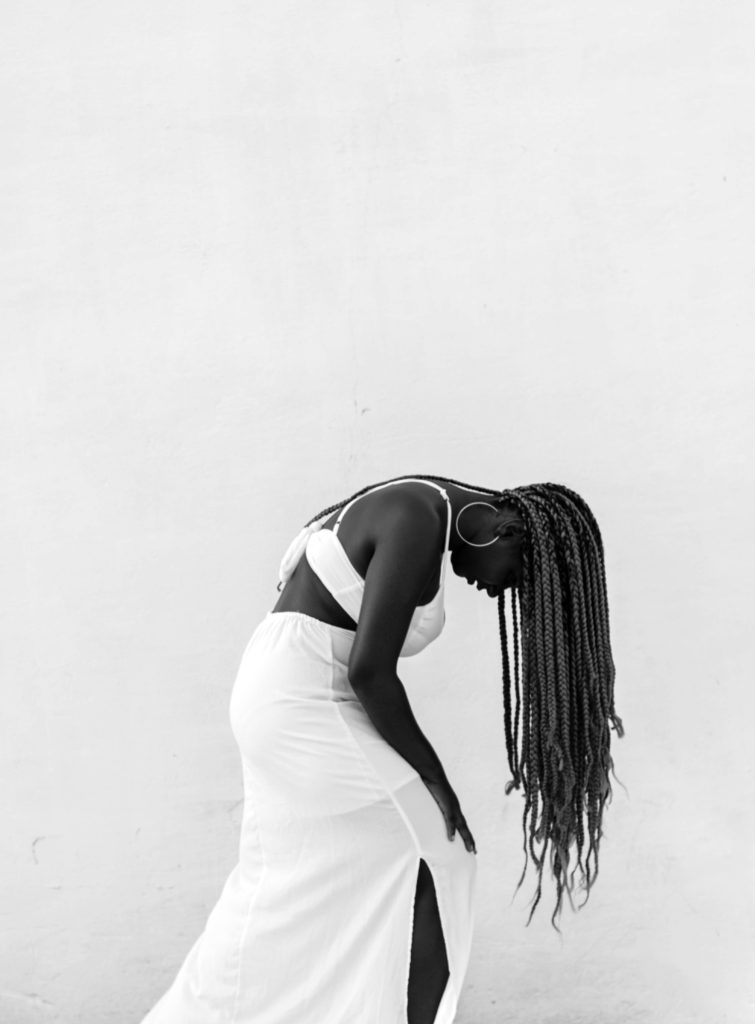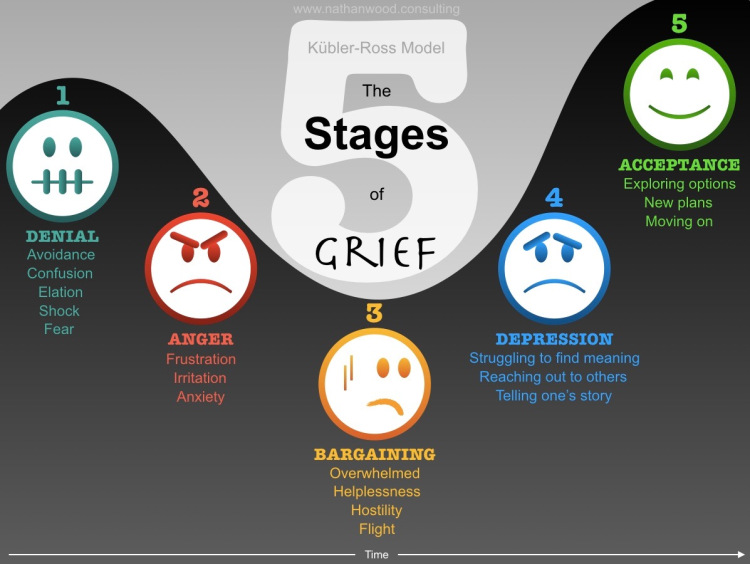In the past 2 years many of us have been faced with the reality of grief, whether directly or indirectly.
Death is literally all around us.
Many of us have lost someone or at least know someone who has lost a loved one. In addition to that many of us may have had to grieve the loss of a dream or expectation we had for our future or for our loved ones or even the loss of relationships we once held dear.
The truth is I just felt like many of us needed a little encouragement and guidance on how to walk through grief courageously but with grace.
“Grief is the normal response to the loss (perceived, anticipated and actual) of a loved one/thing, culturally by death but not limited by the same. Grief is one’s own personal experience of loss.”
-Dr. Sylvan Puckerin

Each of us grieves in our own unique ways but I believe there are still healthy and unhealthy ways to grieve.
Grieving is a process that takes time and it’s important for you to be patient with yourself and your loved ones who may also be grieving.
To GROW through grief you have to allow yourself to GO through the process. It’s okay to allow yourself to feel the emotions in each phase or season, even when it may be heavy and overwhelming.
Have you ever heard about the Kubler-Ross Grief cycle? ¹
It describes a guideline (i.e. not everyone will experience this exact pathway) of the natural progression of grief, moving from Denial to Anger to Bargaining to Depression to Acceptance.

Denial occurs right after the loss and it’s helpful as a coping mechanism in the initial period and should not be held unto for too long. It usually involves avoidance, fear, and confusion.
Anger usually then happens shortly after and this may look like anxiety, becoming easily frustrated and irritable, angry towards self, others and God.
Bargaining is usually where the battle between accepting the reality and trying to find meaning of it all occurs. One may reach out to others and try to tell their story or can sometimes find themselves spiraling in guilt.
Depression may then encroach on us, when the sadness becomes overwhelming and we tend to withdraw from others around us, feeling helpless and hopeless. I think this is the hardest phase and can take a toll on our health and other relationships. I believe it’s important to tell at least one person you trust or reach out to a counsellor to help support you through this phase.
Thankfully then comes acceptance, where you begin to make plans and move on without the person or thing but with peace of this new reality.
I walked you through this process so that you could have an understanding and comfort in knowing that what you are going through is not abnormal and it does not mean you are weak but that you are human. And believe it or not, the truth is that this process usually takes 2-3 years for the average person.
There are some healthy rituals that you can try implementing to help you through the grieving process such as: ²
- Writing letters to the deceased person as a form of closure
- Planting a tree or flower in honour of them
- Making a donation or starting/supporting an organization in the name of the departed
- Sharing photos of them or putting together an photo album
- Visiting places that were important to them

Other ways you can work through the pain of grief is by taking some time to allow yourself to just be and feel, journaling (your questions and fears to God but also about positive memories of the person), lighting a candle in their memory, doing hobbies or activities that you once enjoyed doing with them, joining a support group, gradually donating their items to those who need it, and sharing their legacy i.e. their value, achievements, lessons learnt etc. with generations below you.
Grieving can however become unhealthy if you lean into harmful practices such as alcohol abuse or drug use to help you numb the pain, constantly avoiding the topic, drowning yourself in work or activities to distract you or shutting people out who are trying to help.
Some people may become stuck in a cycle of complicated/compounded grief and some warning signs include: ³ neglecting basic self-care, change in behaviour, suicidal talk, substance abuse and severe withdrawal/depression. Also, if the bereaved has not been able to move on with the reality of the loss 5 years later this may be considered pathological grief and will need professional counselling to work through it.

It’s important for us to be honest with ourselves, with God and with others as we walk through grief. Some days will be harder than others, as grief comes in waves but just take it one day at a time, ask God for His help and comfort and lean into your safe people and places. You’ll be okay.

“And when great souls die, after a period peace blooms, slowly and always irregularly. Spaces fill with a kind of soothing electric vibration. Our senses, restored, never to be the same, whisper to us. They existed. We can be. Be and be better. For they existed.”
– Maya Angelou
Yours truly,
Dr Esther Trotman (Star)
References:
- https://www.psycom.net/depression.central.grief.html
- Sylvan R Puckerin (2005). Holistic Counselling and Psychology; Beyond the Next Level, Level 1 Manual. Grace and Truth Critical Incident Training & Consultancies
- Joan DSW Beder. Voices of Bereavement: A Casebook for Grief Counsellors (New York: Brunner-Routlege, 2004)


Leave a Reply
You must be logged in to post a comment.